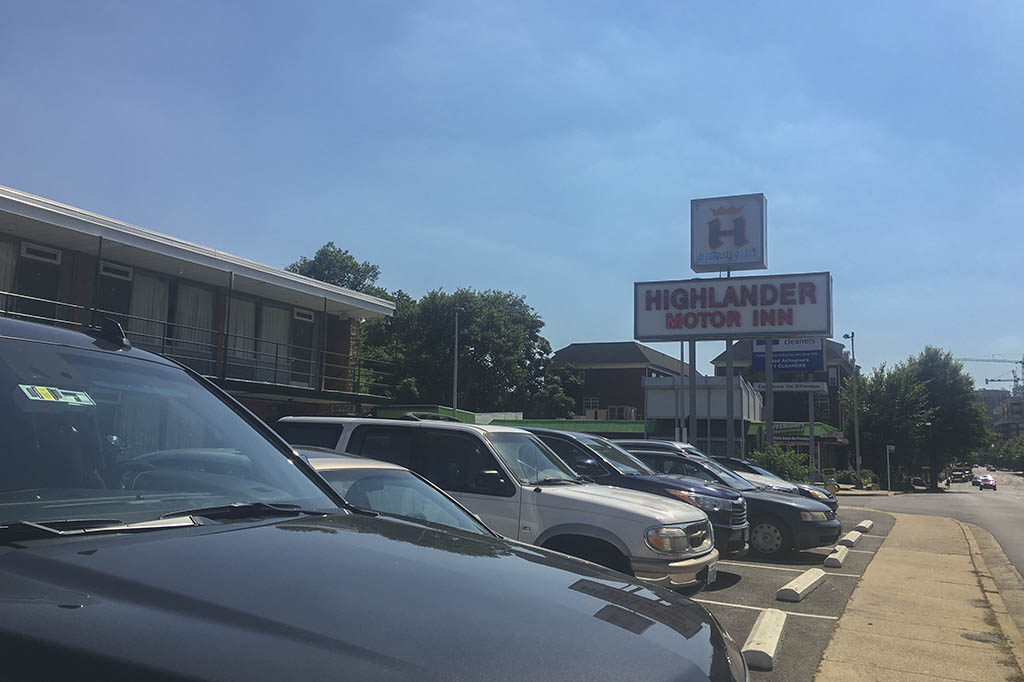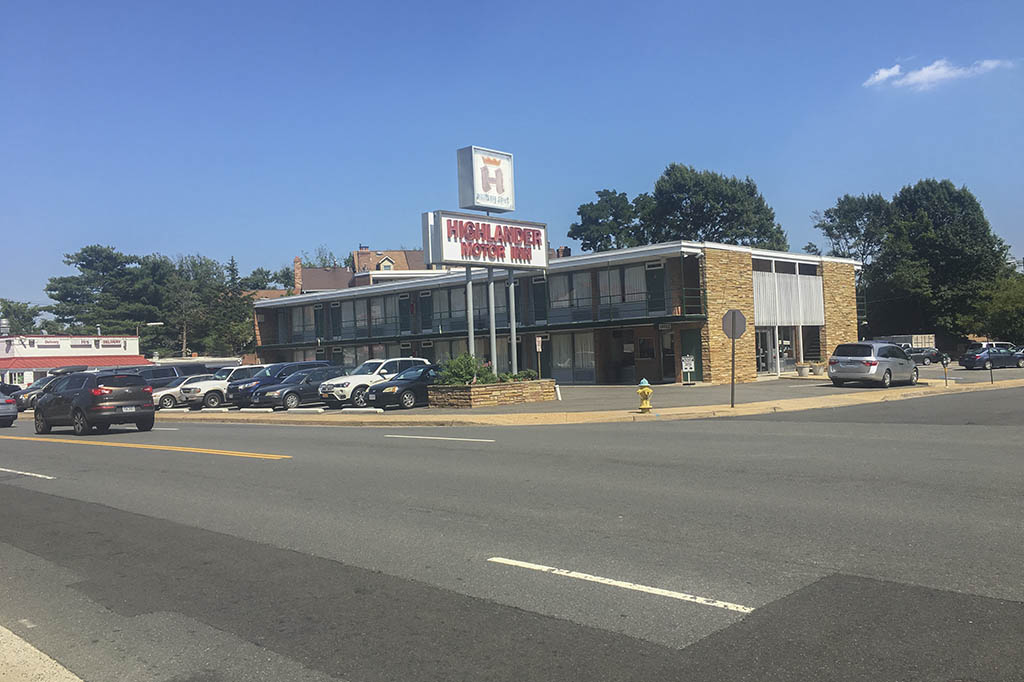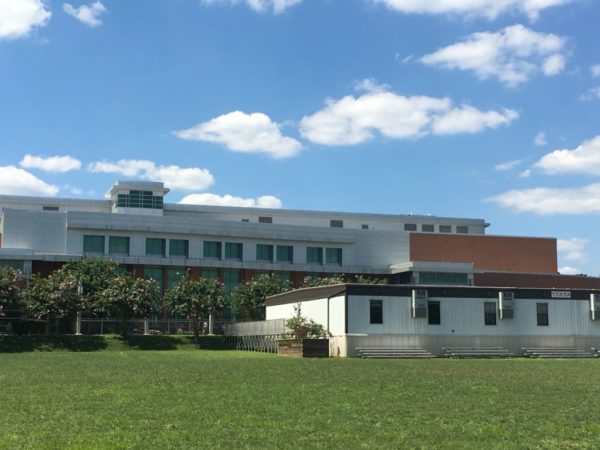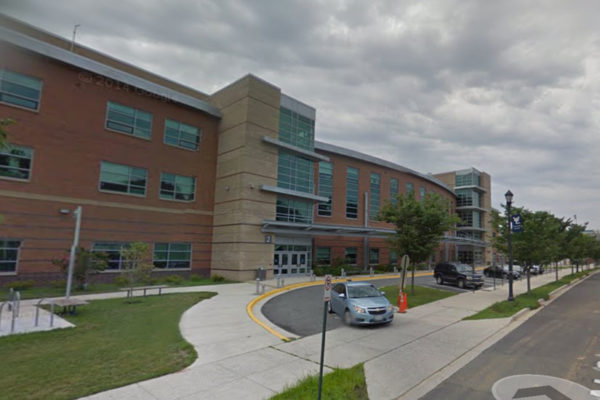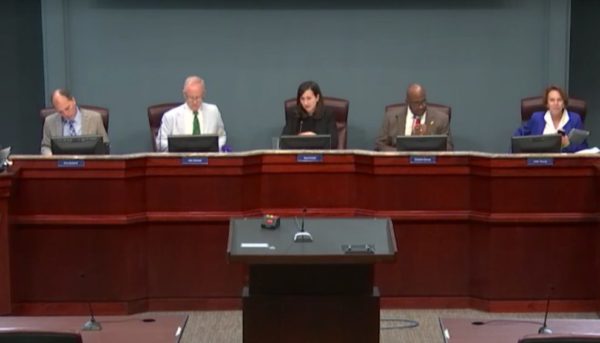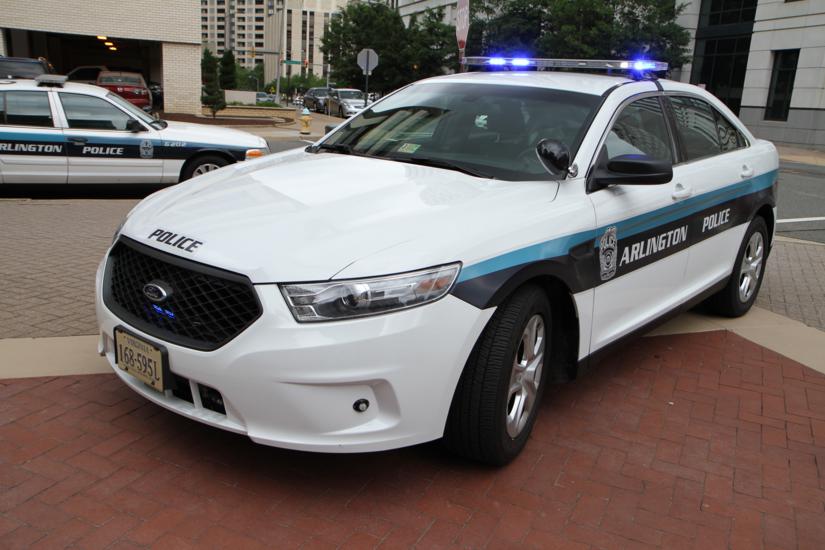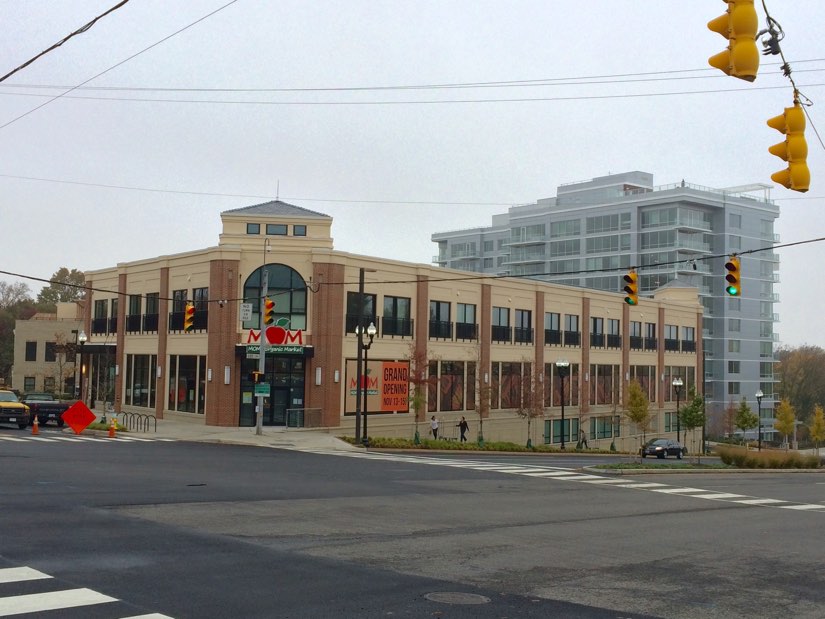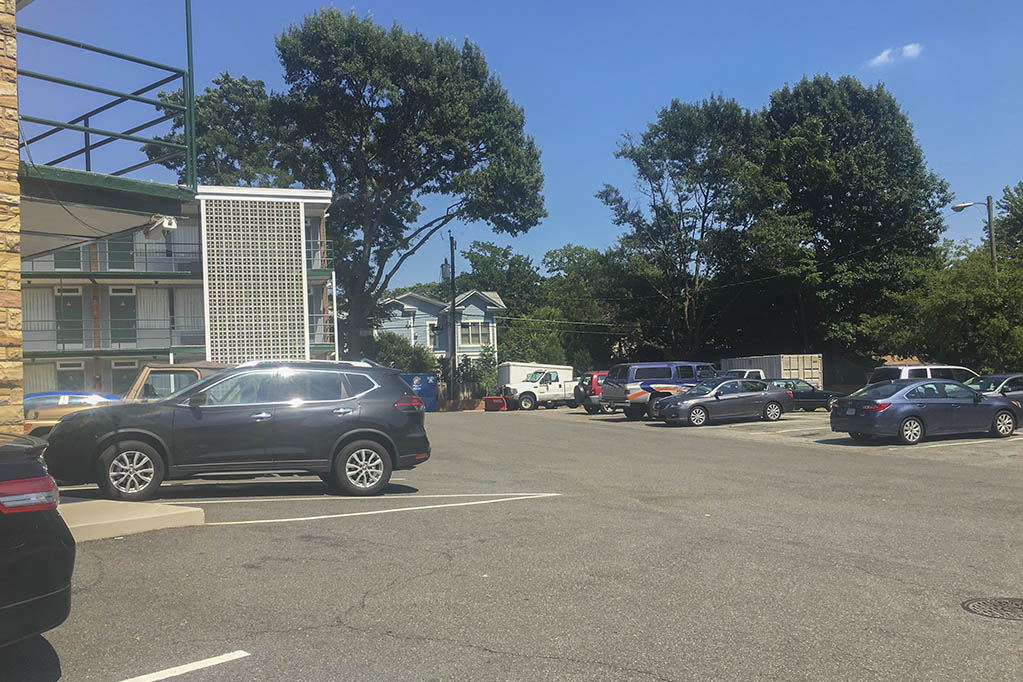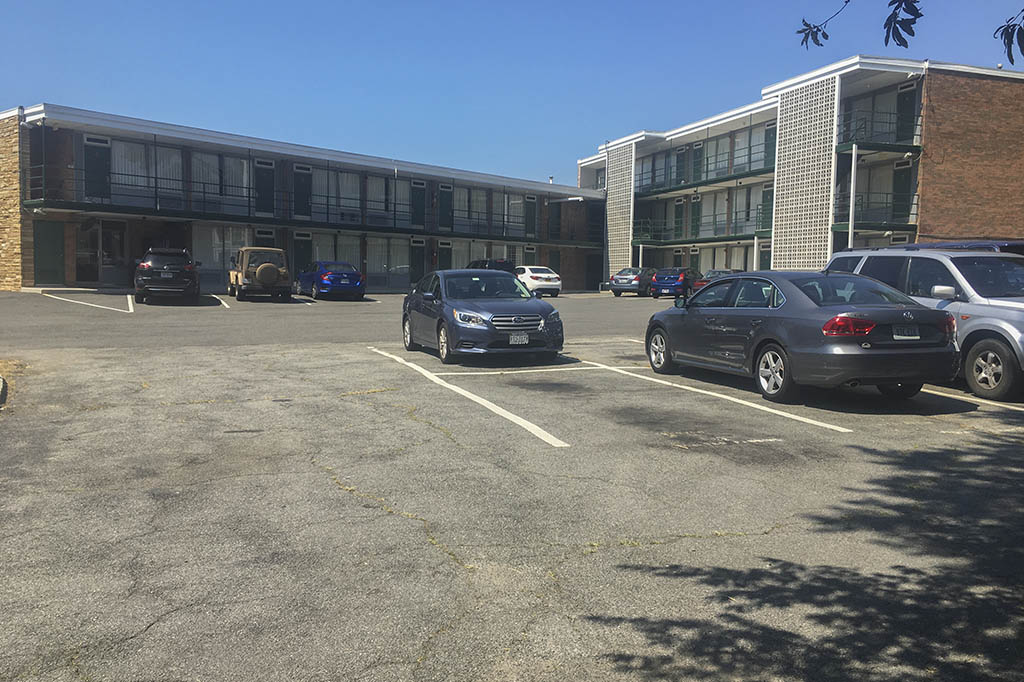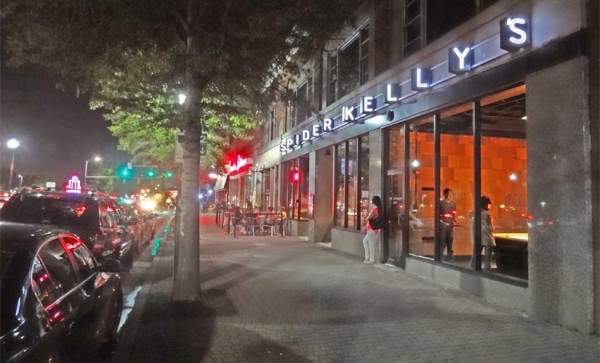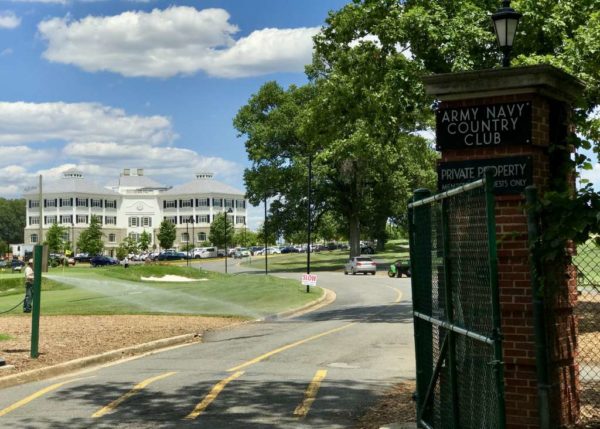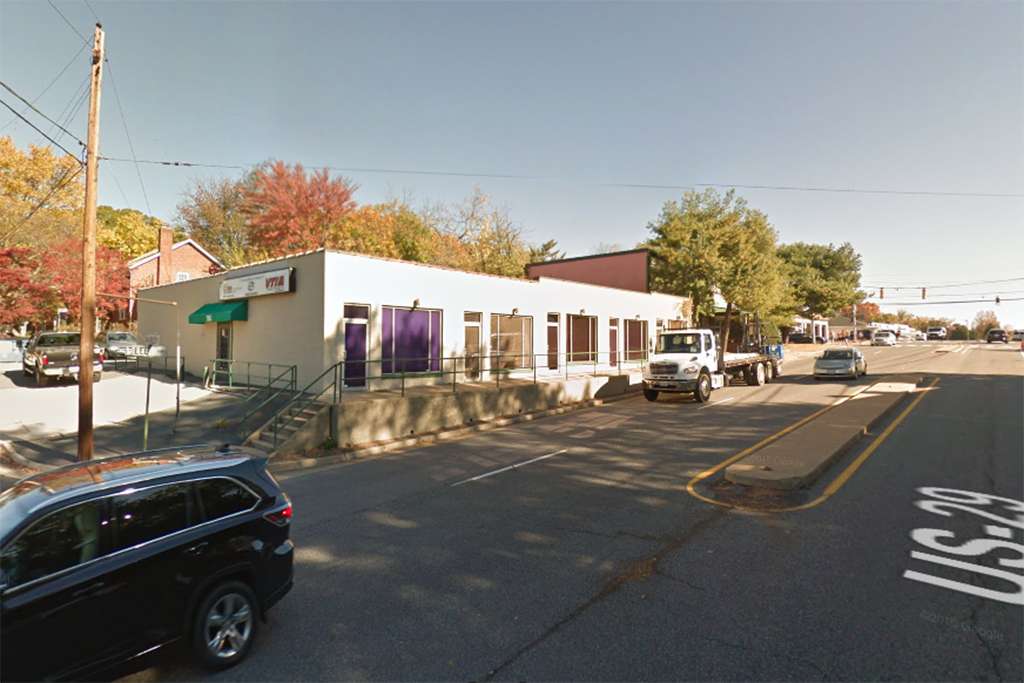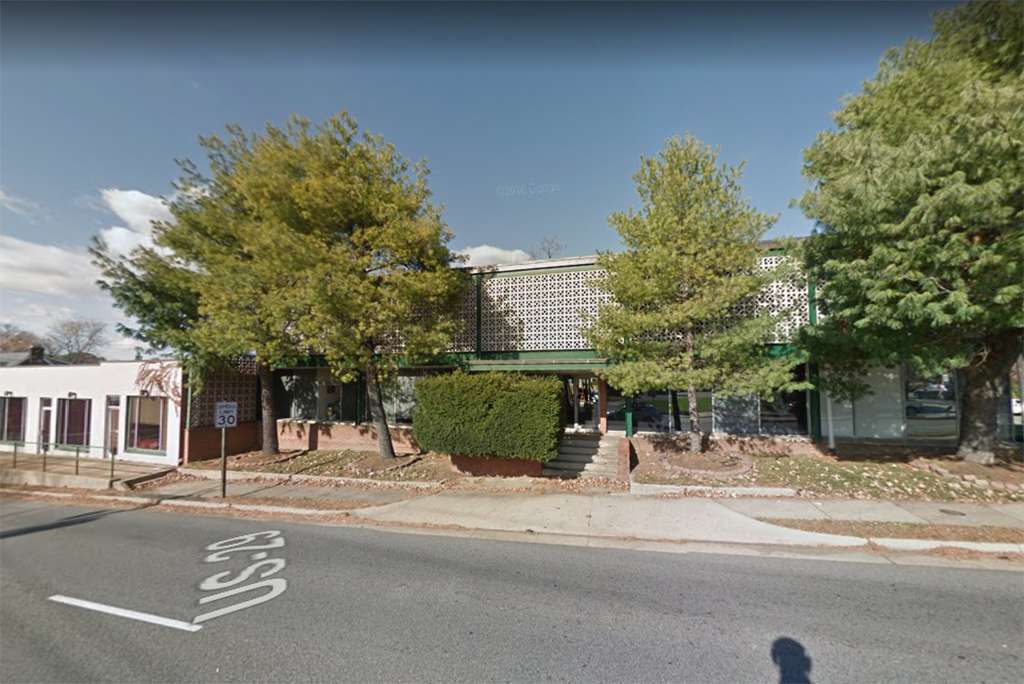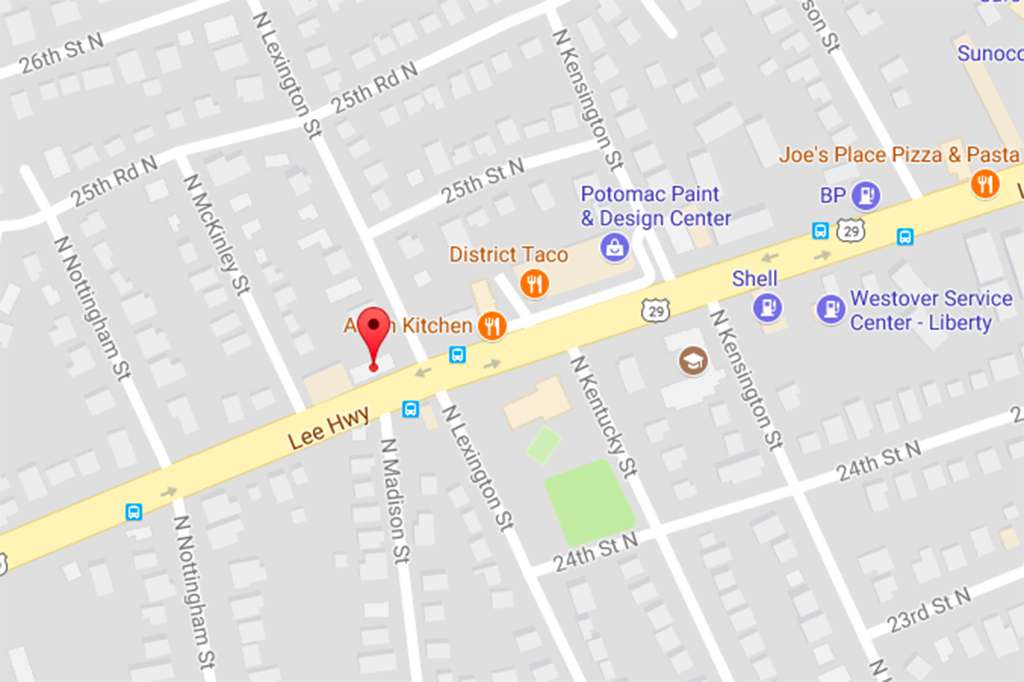The owner of the Highlander Motel in Virginia Square has secured a key legal victory, potentially allowing the property’s redevelopment to move ahead, and now he’s vowing retribution against county officials for tying up the process in court for years.
The Virginia Supreme Court declined last Wednesday (Oct. 10) to consider an appeal from the county in a case challenging local businessman Bill Bayne’s plans to replace the aging motel with a CVS Pharmacy. That means Bayne should be able to push forward with the redevelopment of the hotel, located at 3336 Wilson Blvd, after a judge twice tossed out legal action from county officials seeking to block those plans.
Bayne, who also owns the Crystal City Restaurant and co-owns the Crystal City Sports Pub, believes the county’s challenges were simply an attempt to scuttle his latest business venture, all at the cost of thousands in taxpayer dollars. With this latest legal victory in hand, he fully plans to renew talks to knock down the 55-year-old hotel in favor of the pharmacy, and then take the county back to court for his trouble.
“It’s not right what they’ve done, and it’s not right for them to do it to anybody,” Bayne told ARLnow. “But there’ll be a day of reckoning in court and a judge will decide if it’s right.”
County attorney Steve MacIsaac did not respond to requests for comment on the court’s ruling. But, in past legal filings and hearings, county lawyers have portrayed Bayne’s plans as not only a violation of some complex zoning laws, but also a “noxious use” of a property that sits quite close to some residential neighborhoods.
Even still, judges have twice disagreed with the county’s arguments in the case, and the Supreme Court ruled that there was “no reversible error” in those decisions for the high court to consider. Bayne believes the court declined to take up the matter for a simple reason: “Would you want to hear a joke case?”
“Why do you have to get told you’re wrong three different times?” Bayne said.
Bayne says his original plans for the pharmacy, as first sketched out roughly three years ago, would’ve netted him close to $45 million over the term of the 50-year lease for the property (which has been in Bayne’s family since at least 1985, county records show).
He hopes to revive a similar deal with CVS now that the court battles seem to be over, but he can’t be sure that the company will look kindly on the delay.
But with the legal wrangling over the years, Bayne expects he’s lost as much as $1.8 million while the project has stalled. He fully plans to recoup those losses by taking the county to court, and he says he’s contemplating legal action against everyone from the county zoning administrator to County Manager Mark Schwartz to current and former County Board members.
“It’s not OK to do this to somebody,” Bayne said. “There will be ramifications for this.”
Bayne says he’s not quite sure on the timetable for any potential litigation just yet. County court records don’t reflect any evidence that Bayne or one of his companies has filed suit against county officials, as of Tuesday morning.


